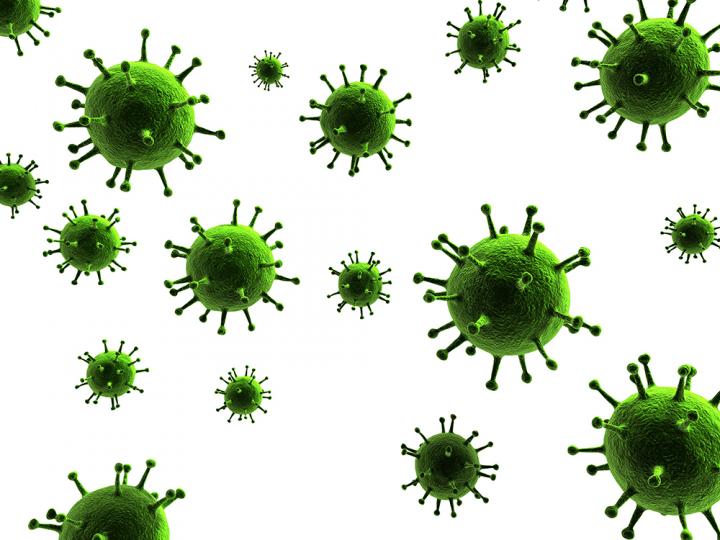Immune cell insights could aid flu vaccine design
Understanding the role played by a key immune cell could inform the development of vaccines.

New understanding of how the immune system responds to flu infection following vaccination could inform the design of better vaccines.
The outcome could improve annual vaccination for seasonal flu, which is only partially effective, leading to infections in people who have been vaccinated.
A key type of immune cell has been found to lessen the severity of illness in infections that occur after vaccination.
These cells, called Natural Killer cells (NK), allow recovery from flu while limiting damage to tissues and organs, according to a study in mice.
The research aids understanding of the biological pathways involved in the immune system’s response to infection, following vaccination.
Managing infection
Scientists at the Roslin Institute and the London School of Hygiene and Tropical Medicine studied the role of NK cells in mice exposed to flu infection.
Some mice had lower levels of NK cells compared with others, and some had been vaccinated against flu while others had not.
They found that, in mice that had been vaccinated, NK cells help control the immune response to the virus, enabling recovery without severe harm to the lungs.
NK cells are known to kill infected cells and so it was thought that mice with reduced levels of NK cells would experience worse outcomes.
Instead scientists found that, where vaccination had occurred, NK cells are not needed to directly fight infection, but instead play a role in tempering illness and promoting steady recovery.
Further work to understand the biological mechanisms behind the NK cells’ behaviour may help inform the design of safer, more effective flu vaccines, researchers say.
NK cells are known to play an important role in natural immunity, but their role in fighting infections post-vaccination was unclear. We have seen that they can act to put the brakes on the immune system, helping to promote a steady recovery from infection.
Our immune systems play an essential role in protecting us from viral infections but, unless they are very tightly controlled, immune cells can also damage healthy tissues. Our work has identified a new mechanism by which this balance between fighting infection and preventing damage can be achieved and may help us to develop more effective vaccines in future.
** The Roslin Institute receives strategic investment funding from the Biotechnology and Biological Sciences Research Council and it is part of the University of Edinburgh’s Royal (Dick) School of Veterinary Studies. **
Related links
Chicken gene find could help improve vaccines
Veterinary vaccine development aided by new website
Picture credit: iStock Images


